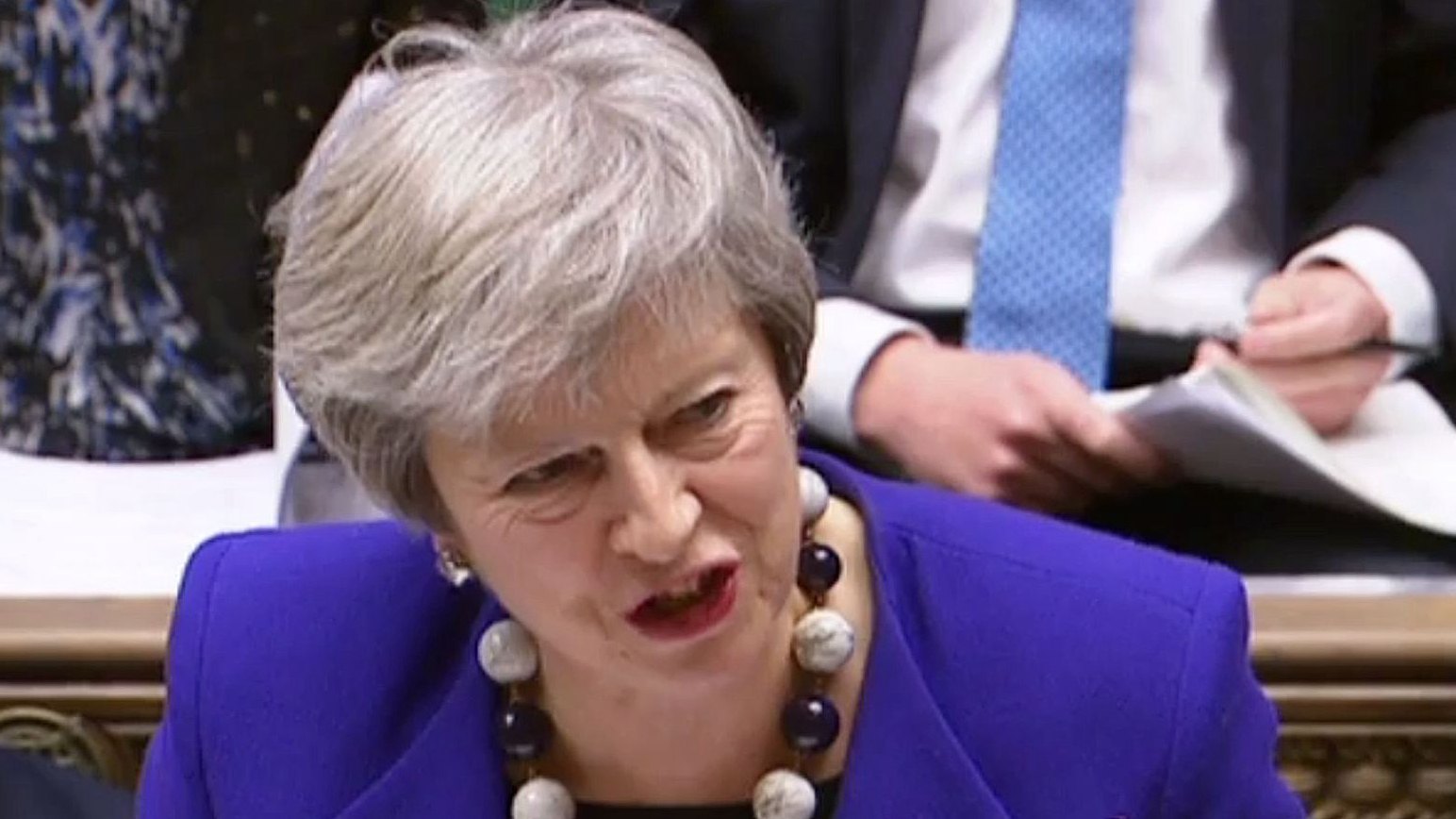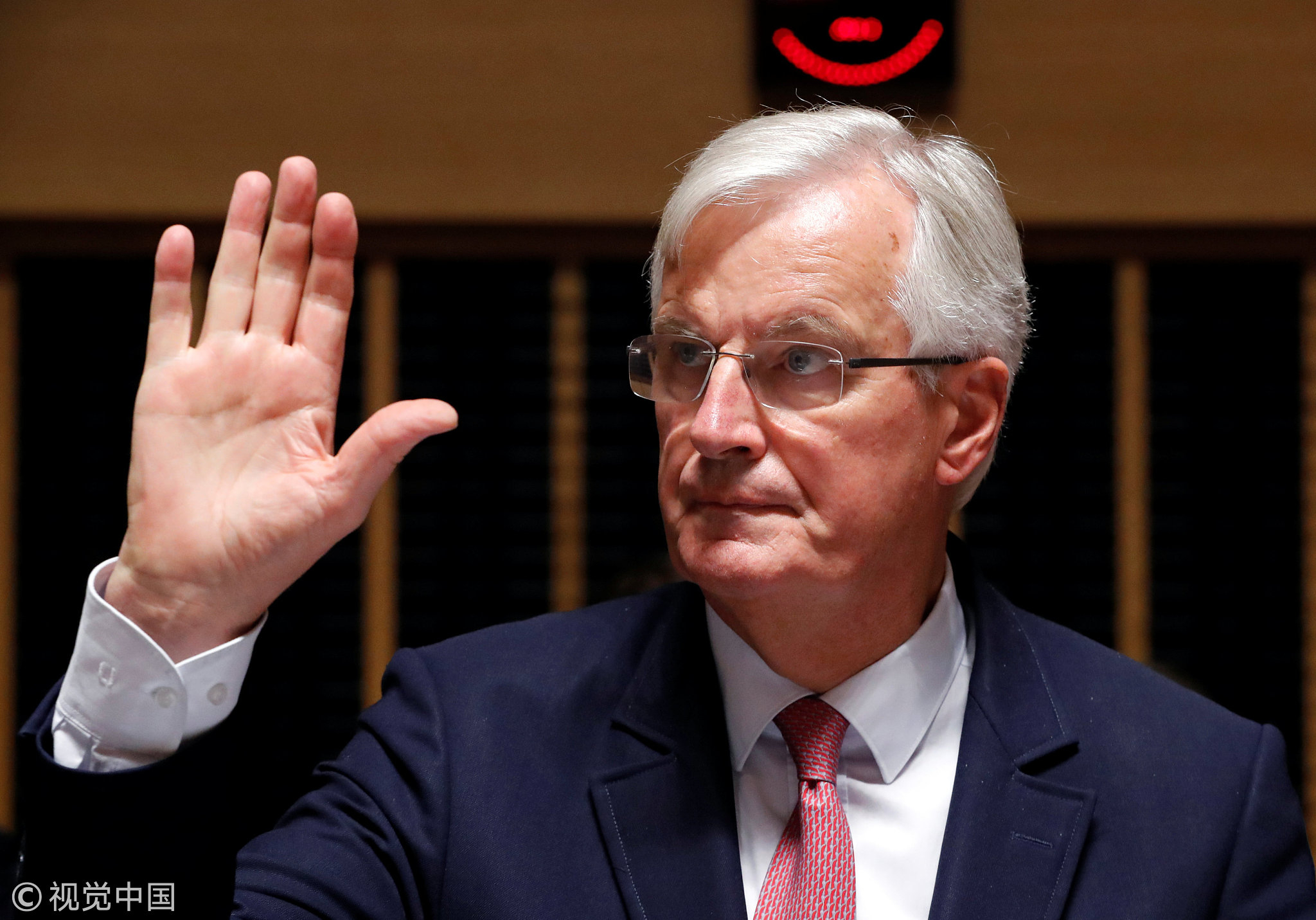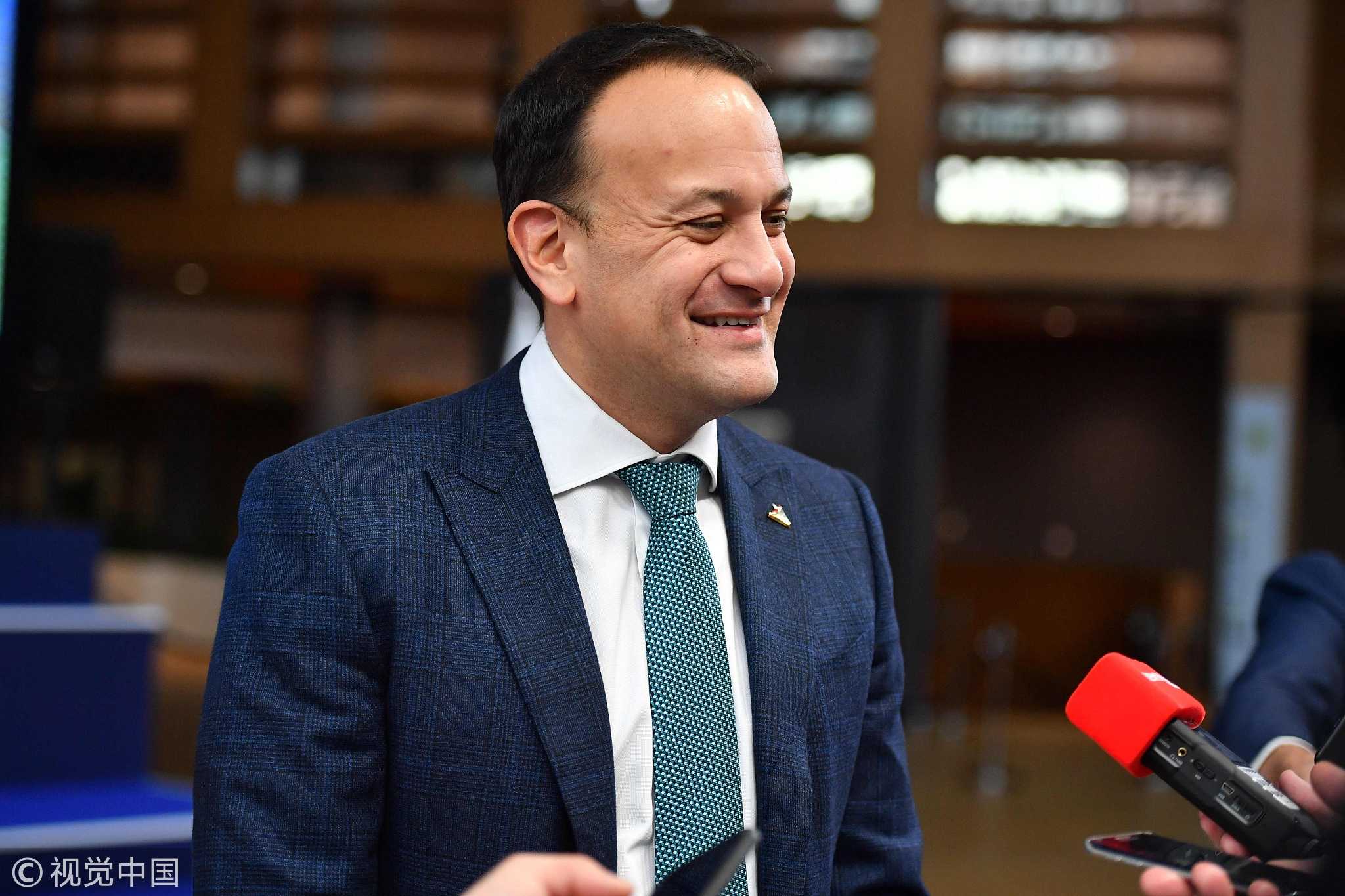
Politics
09:08, 07-Nov-2018
UK will not agree Brexit deal at any cost: May
Updated
08:35, 10-Nov-2018
CGTN

The British government raced Tuesday to build on a chance of a Brexit compromise on Northern Ireland, but Prime Minister Theresa May promised her fractious party she would not strike a deal with the EU “at any cost.”
Negotiations have stepped up with Brussels as London seeks a divorce agreement within weeks, to allow time for it to be passed by parliament before Brexit day on March 29, 2019.
The Irish government opened the door on Monday to a possible concession on the final sticking point – how to avoid border checks between British Northern Ireland and the Republic of Ireland.
But British eurosceptics fear May is planning to give too much ground, and her Northern Irish allies warned that unless the EU moved further, Britain could leave with no deal at all.
At a weekly cabinet meeting, May told ministers she expected an agreement and wanted it as soon as possible – but it would “not be done at any cost,” according to her spokesman.
“We will need to be satisfied in the negotiations that we have achieved the best deal that we possibly can for the UK,” he said.

EU's chief negotiator Michel Barnier attends a meeting in Luxembourg, October 16, 2018. /VCG Photo
EU's chief negotiator Michel Barnier attends a meeting in Luxembourg, October 16, 2018. /VCG Photo
Meanwhile, the EU's chief negotiator, Michel Barnier, told reporters in Slovakia that “we are not there yet.” Earlier Tuesday he told Belgian television RTBF that, as of that moment, there remained “a real point of divergence” on the Irish issue.
Britain has indicated it is seeking a deal before the end of November, although one official admitted Tuesday that “it would be a stretch.”
The Brexit talks are stuck on the details of a “backstop” arrangement to avoid checks on goods crossing the Irish border until a new trade deal can be signed.
London suggests Britain could temporarily stay aligned with the bloc's trade rules but wants to reserve the right to exit the arrangement.
In a phone call with May on Monday, Irish Prime Minister Leo Varadkar said he would consider a “review mechanism” for the backstop.
But he rejected the idea Britain could unilaterally end the arrangement, something Brexit Secretary Dominic Raab and other eurosceptics in May's Conservative party want.

Irish Prime Minister Leo Varadkar speaks at a meeting in Brussels in Belgium, October 19, 2018. /VCG Photo
Irish Prime Minister Leo Varadkar speaks at a meeting in Brussels in Belgium, October 19, 2018. /VCG Photo
Jeffrey Donaldson, an MP from Northern Ireland's Democratic Unionist Party (DUP), whose support props up May's government, said Dublin's refusal to budge could scupper a deal.
“Looks like we're heading for no deal,” he wrote on Twitter, adding: “Can't understand why Irish government seems so intent on this course.” May's spokesman said ministers agreed at cabinet on the need for an “effective mechanism” within the backstop to ensure “that the UK cannot be held in the arrangement indefinitely.”
Work is continuing on this, he said, adding: “Don't be under any illusions that there remains a significant amount of work to do.”
(Cover: A video grab from footage broadcast by the UK Parliament's Parliamentary Recording Unit (PRU) shows Britain's Prime Minister Theresa May answers a question in the House of Commons in London, UK, October 31, 2018. /VCG Photo)
Source(s): AFP

SITEMAP
Copyright © 2018 CGTN. Beijing ICP prepared NO.16065310-3
Copyright © 2018 CGTN. Beijing ICP prepared NO.16065310-3